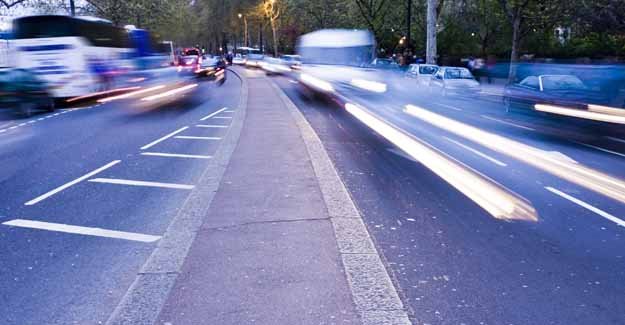It is also harder for people with depression to adapt to the end of British Summer Time. Feelings of “jet lag,” and disturbed sleep patterns, can last for up to 5 days after the clocks go back. This effect is also strongly felt by young motorists, in the 18 – 30 age group, who are already at higher risk of being involved in an accident ***
The end of British Summer Time is always marked by a stark rise in the number of motorists hurt or killed on the UK’s roads. In 2006, 1,211 motorists were killed or seriously injured in October, rising to 1,340 in November****.
The RAC Foundation is backing National Commute Smart Week, an initiative of WorkWise UK (www.workwiseuk.org) as the best way to cut congestion and casualties in this difficult transition week. National Commute Smart Week runs from Sunday October 28th to Saturday November 3rd.
RAC Foundation Head of Campaigns Sheila Rainger said: “Motorists should be aware that the winter blues can affect their driving. If it’s possible, changing the time of the commute to travel in the light will make a big difference to concentration and reaction time.
“Employers can help by signing up to National Commute Smart Week and allowing their staff to travel at a time which suits their motoring body clock.
“If it’s not possible to change the time of the journey, motorists should allow a little extra time and take a few moments to focus before switching on the ignition.”
ENDS
NOTES
* the Met Office Summer Averages: http://www.metoffice.gov.uk/climate/uk/2007/summer/averages1.html
UK 473.1 hours, 94% of average
England 530.4 hours, 97% of average
Wales 510.6 hours, 99% of average
Scotland 377.5 hours, 86% of average
N Ireland 419.9 hours, 97% of average
** Wingen M, Ramaekers JG, Schmitt JAJ (2004) Depression, antidepressants and driving ability. International Council on Alcohol, Drugs and Traffic Safety (ICADTS T2004), Glasgow, UK
*** Bunney, W.E., Bunney, B.G., “Molecular clock genes in man and lower animals: possible implications for circadian abnormalities in depression,” Neuropsychopharmacology 22 (2000): 335-45
**** Road Casualties Great Britain 2006


